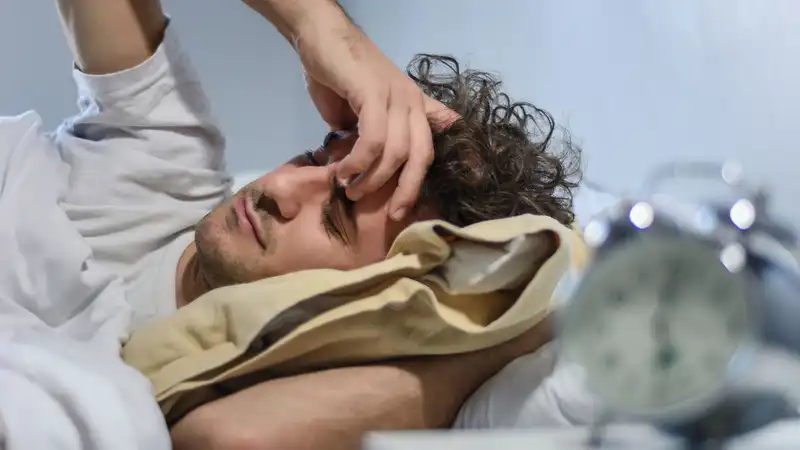Understanding what keeps us up at night can lead to finding better ways to fall asleep easily and quickly A new study recently published looks at the common causes of light pollution, how they affect sleep, and how to mitigate their effects
Of the 2,000 participants who responded to the new 247 Blinds survey, 57% said that excessive light has a negative impact on sleep, making light pollution particularly devastating for people living in heavily populated cities
In addition to location, gender may also play a role in determining light-induced sleep disturbance Studies have shown that men were twice as likely as women to have their sleep disturbed by natural light
So why does light affect our sleep so much, and what can we do about it? Let's take a look
Not surprisingly, dark (and quiet and cool) rooms are the best environments for sleep Darkness tells the body's internal clock that it's time to get sleepy, and is the key to triggering the hormonal response that makes us sleepy [On the other hand, too much light has the opposite effect Light, especially exposure to artificial light or electronic screens, can disrupt the body's circadian rhythms and interfere with melatonin production," says Dr Chun Tan, a registered medical practitioner who evaluated the newly published findings
What the study reveals is that while most of us know that darkness helps us sleep, we are not very good at actually going to bed in a dark environment From streetlights to digital alarm clocks, there are many sources of light inside and outside the home that potentially interfere with sleep
Studies have shown that people living in built-up areas with high levels of light pollution are particularly likely to suffer from sleep disturbances
So where does gender come into play? Among men who responded to the survey, sleep disturbances due to natural light sources (eg, the sun) were twice as common as among women Dr Tan theorizes that hormones may play a role
"Melatonin, a hormone important in regulating the sleep-wake cycle, may be affected by sex hormones," Dr Tan explains
"Some studies suggest that hormonal fluctuations during the menstrual cycle may affect women's response to light more than men"Light in the bedroom can come from a variety of sources Some you can control, such as electronic devices or bedside lighting, while others are more difficult to adjust, such as streetlights or early morning sunlight Whatever the cause, there are ways to deal with it Here are some ways to do it
Close the bedroom door I'm an early riser, but I live with a group of night owls With a family that sleeps at different times of the night and leaves the house lights on, the easiest solution is to close the bedroom door before going to bed
Use eye masks Eye masks are a practical and affordable alternative to light-shielding blinds Studies have shown that wearing an eye mask throughout the night improves memory and alertness
Invest in blackout blinds or curtains Blackout curtains or blackout blinds are thick, opaque fabrics that block light from entering a room Ideally, they should be cut to the size of the window to prevent light from entering from the sides of the window However, this can be an expensive solution
Turn off electronic devices From ambient "on" switches to the sudden brightness of alerts, electronic devices can add a lot of light to a room without being noticed Turning off electronic devices before bed not only reduces light levels in the room, but is also good for general sleep hygiene
Limit light early Beginning about 30 minutes to an hour before bed, gradually reduce the level of light in the house This dimming effect helps the body prepare for sleep
Identifying the cause of a bad night is not always easy, and according to the survey, only 22% of participants knew all the factors affecting their sleep If you are not sure what is preventing you from sleeping, try these sleep tips:
Get up at the same time every day Waking up at the same time every day helps regulate your body clock, making it easier to fall asleep at night and wake up in the morning
Create a relaxing bedtime routine For the hour before bed, lower your activity level as well as dim the lights Adhering to a bedtime routine, such as taking a warm shower and reading for a few minutes, will help calm you down before bed
Invest in a mattress that meets your needs The best mattress for you is one that supports your body and your sleep needs and helps you have a steady, good night's sleep Check out our Memorial Day mattress sale guide for the latest deals










Comments